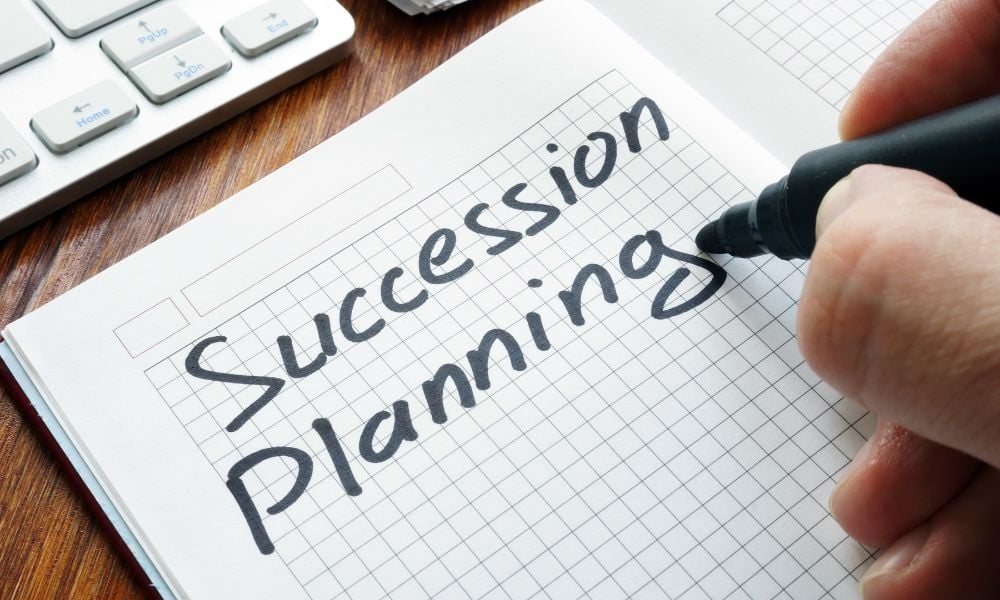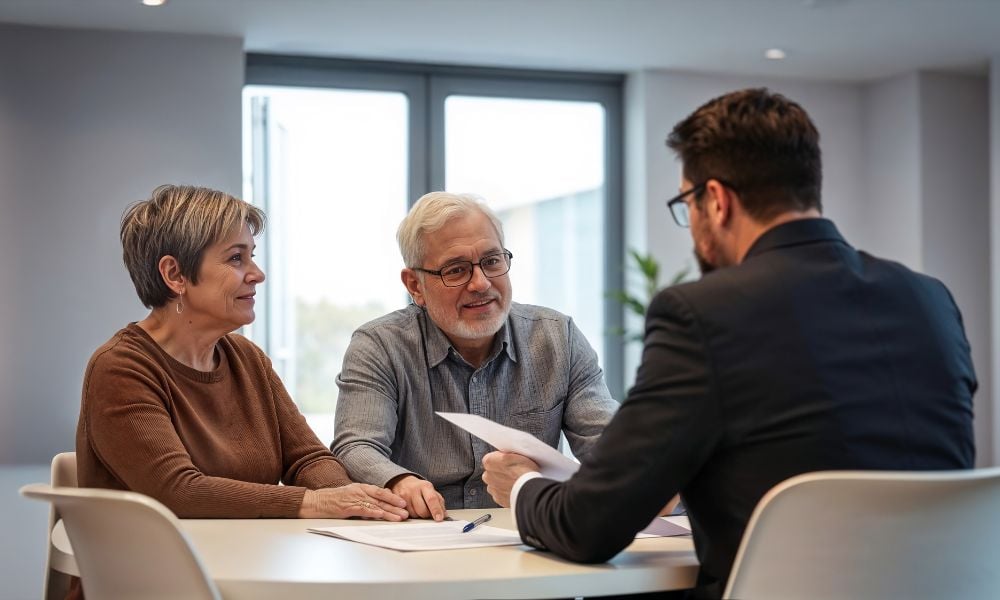The airline foots the bill for public safety and it doesn’t look like that’s going to change
The federal government has turned down requests from Air Canada to be partially reimbursed for the increasing costs of keeping passengers safe.
The country’s largest airline says it has spent around $100m over the last five years facilitating security personnel on board their flights.
In-flight security officers (IFSOs), as they are officially known, sit on board various commercial flights in order to prevent terrorist activities. This is part of the Canadian Air Carrier Protective Program, which was implemented as a safety measure after 9/11.
The program strategically places their highly trained IFSOs on various Canadian registered commercial aircraft ‘whose mandate is to prevent the aircraft from being taken over and to gather intelligence on any criminal or terrorist activity within the civil aviation environment.’
As well as costing the airline the price of the seat, the IFSOs are also able to request specific seats. This can incur further costs if a pre-booked customer has to be reallocated.
Air Canada has previously suggested the program pay for the officers’ seats at market rate. At the very least they wanted to have them pay for the food, entertainment and luggage handling although there is no proof that security staff abuse this service.
As it currently stands, IFSOs are also able to travel on board planes with very few numbers in order to get to another airport for a busier flight to monitor. The airline believes it shouldn’t have to also supply the officers with a means to get to work and that flight should at least be covered.
Newly released documents show the government has rejected the airline’s request to be reimbursed. They also dismissed Air Canada’s concerns about other aspects of the program saying that changes would “compromise public safety.” This is according to The Canadian Press who were able to access a ‘secret’ Public Safety Canada memo through the Access to Information Act.
It is thought the government won’t be making any changes to the program any time soon and that Air Canada will have to continue footing the bill. Harsh as it may seem, this is in line with many countries and their air security procedures.
The country’s largest airline says it has spent around $100m over the last five years facilitating security personnel on board their flights.
In-flight security officers (IFSOs), as they are officially known, sit on board various commercial flights in order to prevent terrorist activities. This is part of the Canadian Air Carrier Protective Program, which was implemented as a safety measure after 9/11.
The program strategically places their highly trained IFSOs on various Canadian registered commercial aircraft ‘whose mandate is to prevent the aircraft from being taken over and to gather intelligence on any criminal or terrorist activity within the civil aviation environment.’
As well as costing the airline the price of the seat, the IFSOs are also able to request specific seats. This can incur further costs if a pre-booked customer has to be reallocated.
Air Canada has previously suggested the program pay for the officers’ seats at market rate. At the very least they wanted to have them pay for the food, entertainment and luggage handling although there is no proof that security staff abuse this service.
As it currently stands, IFSOs are also able to travel on board planes with very few numbers in order to get to another airport for a busier flight to monitor. The airline believes it shouldn’t have to also supply the officers with a means to get to work and that flight should at least be covered.
Newly released documents show the government has rejected the airline’s request to be reimbursed. They also dismissed Air Canada’s concerns about other aspects of the program saying that changes would “compromise public safety.” This is according to The Canadian Press who were able to access a ‘secret’ Public Safety Canada memo through the Access to Information Act.
It is thought the government won’t be making any changes to the program any time soon and that Air Canada will have to continue footing the bill. Harsh as it may seem, this is in line with many countries and their air security procedures.



